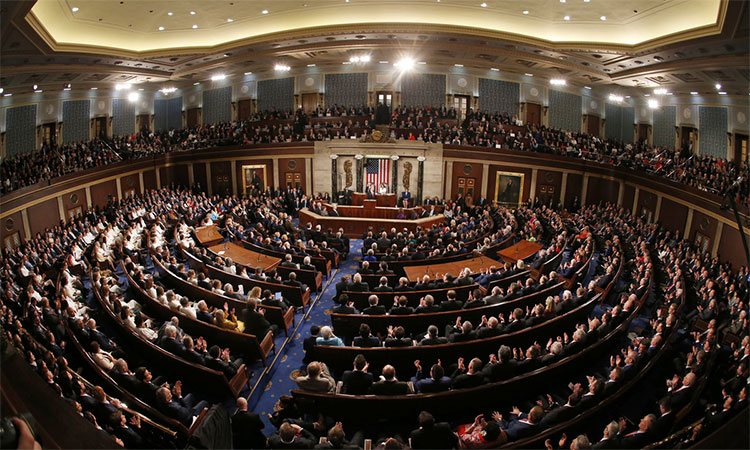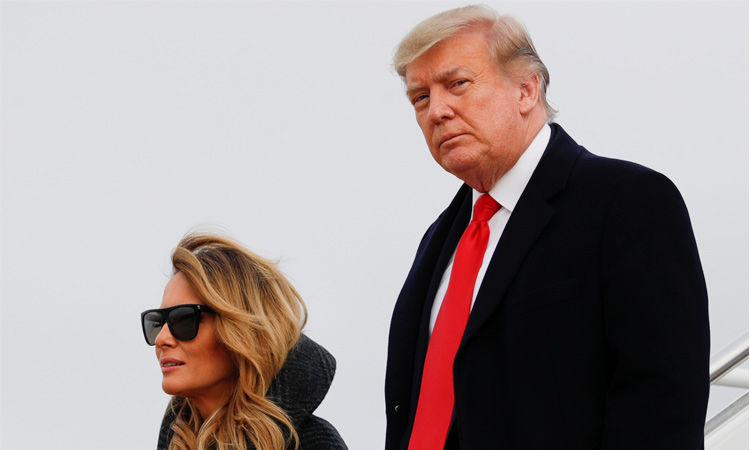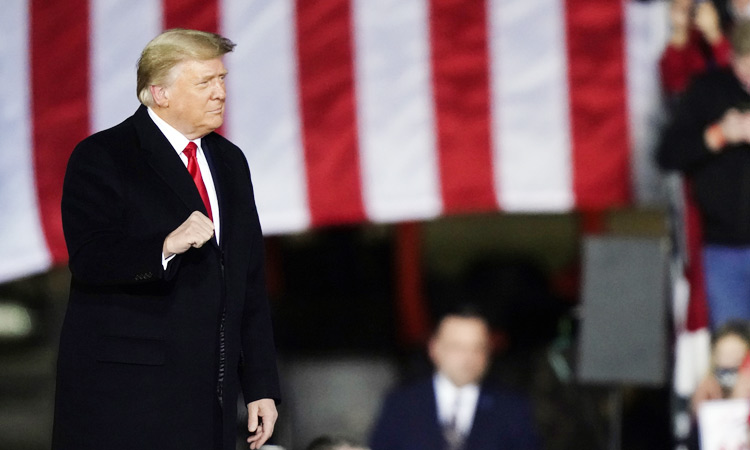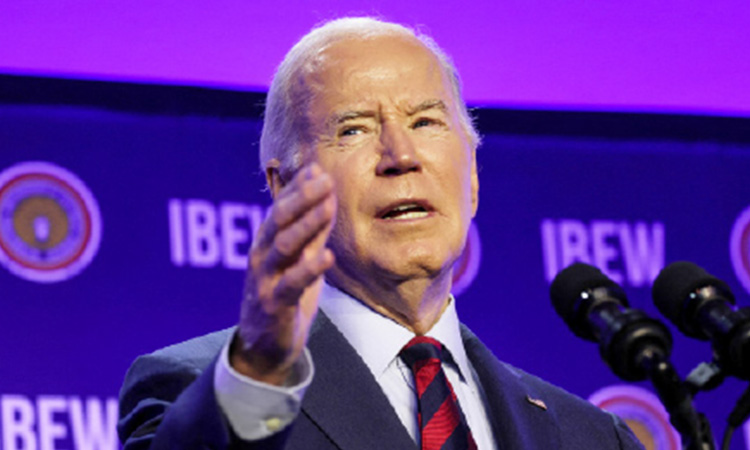The 2020 election system in US needs attention
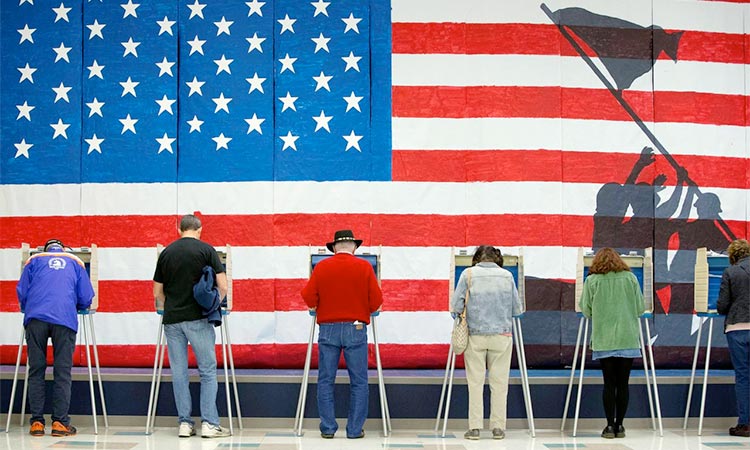
The photo has been used for illustrative purposes.
Michael Chertoff, Tribune News Service
On Monday, congressional leaders announced that their government-wide spending bill for fiscal year 2020 will include $425 million for states to protect US elections against foreign interference and cyber-attacks.
This is an important, if overdue, step in the right direction. But our election systems need far more than a one-time rescue mission. To secure American elections in 2020 and beyond, Congress and the local election officials who will soon receive these funds must treat them as a starting point.
When I was secretary of Homeland Security in the George W. Bush administration, we warned of intensifying cyberthreats to critical infrastructure like power grids and transportation and communications systems. Interference with elections emerged only later, as geopolitical rivalry with Russia increased.
One vulnerability that needs urgent correction is the use of paperless voting machines. These voting systems are extremely susceptible to hacking without detection because they produce only a digital record of votes. Without a paper record, officials have no way of verifying a vote count when a machine is hacked.
The Department of Homeland Security, the American Assn. for the Advancement of Science, and countless other experts have said that replacing paperless machines is critical. Yet up to eight states are still expected to use paperless machines in some or all polling places next year. The Brennan Center has estimated that more than 16 million Americans could vote on insecure paperless machines in 2020 unless further action is taken. Once they receive the funds from Congress, states relying on paperless voting machines should take immediate steps to replace them.
Beyond replacing voting machines, state and local election officials have to be able to detect and repair vulnerabilities to online voter registration databases, electronic poll books that poll workers use to check in voters, reporting systems that transmit unofficial vote tallies to central locations that inform the media, and more. The new federal funds will help them hire experts and get training to better protect their election technology.
More investment is needed in the preparations and supplies necessary for voters to be able to continue to cast ballots should something go wrong because of hacking or another malfunction. Better training for poll workers, secure duplicates of registration databases and emergency paper ballots can mean significantly less interruption if registration data are hacked or voting machines fail.
The federal funds will also help more states set up post-election risk-limiting audits of voting machine counts before the vote is certified. Such audits, in which officials compare totals from a voting machine or ballot scanner against the paper ballots, is the most efficient way to determine the accuracy of an election result. In 2017, Colorado became the first state to carry out a risk-limiting audit. Now at least 12 other states are trying it in some form.
As state and local election officials take on these problems ahead of the 2020 election, Congress must pay close attention to how states are spending the new funds and if states are making the needed investments in a responsible and efficient manner.
More broadly, election security is a national challenge, and not one that a single spending bill can fix. Defending against cyberthreats requires long-range planning and investment. Congress should move toward more predictable and consistent funding rather than one-off single year appropriations.
Until recent years, too much has been left to local election officials to do on their own. To succeed, there needs to be stronger partnerships between election officials and their state and federal legislators. This coordination should start immediately.
Finally, Congress must work to create minimum federal standards for election security, including requiring paper ballots and developing national guidelines on postelection audits, as well as equipment and cybersecurity best practices.
Election officials around the country understand the threat we face in 2020 and beyond. With federal funding from the 2020 spending bill, they can make good progress toward keeping the vote safe and secure. But with cyberthreats evolving, they will need sustained financial commitments and support from Congress and state legislators well into the future.

